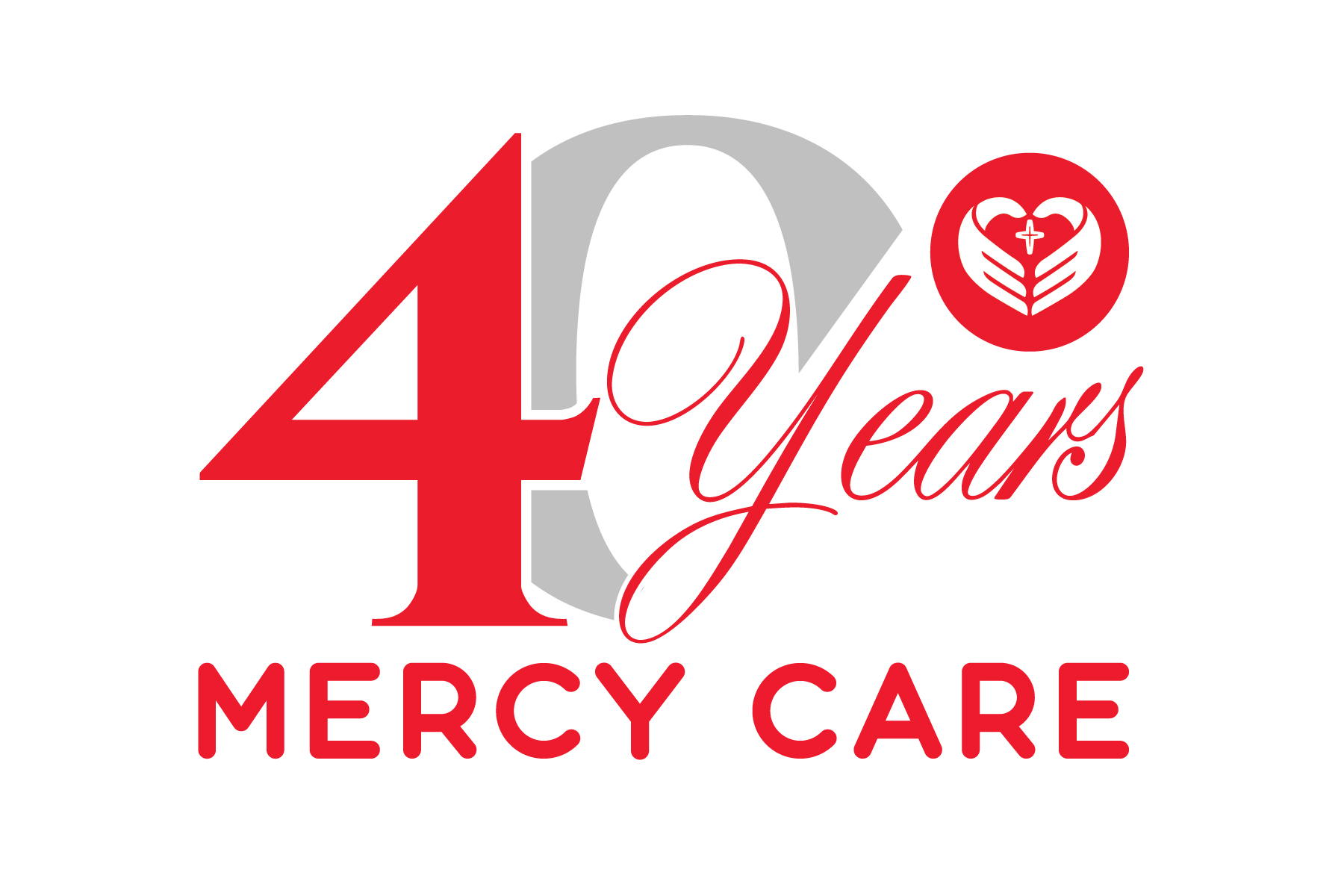Rome makes a way
One of the first high-risk populations to be identified in the current COVID-19 outbreak was the elderly, particularly those at senior care centers. Mercy Care Rome offers daytime health services to seniors with memory issues and other chronic conditions that need monitoring, while also acting as a social and resource center for these patients and their caregivers. Though arguably a critical service, Mercy Care Rome closed their doors to patients on March 18th to minimize risk and disease spread among their patients and in their rural town of Rome, GA.

“Having clients and caregivers that need us and a staff that wants to address those needs is a great dilemma,” Executive Director Liz Molina wrote in an announcement of their closing.
Nonetheless, in the coming days the staff found a way they could still care for their patients: through deliveries and telephone check-ins. With a $2,500 grant from The Heart of the Community Foundation and a personal call for donations from Mercy Care Rome Board member David Smith that surpassed $2,000, Mercy Care’s grocery program was up and running. Clients can now submit shopping lists over the phone, and have their groceries safely dropped off three days per week. Staff sanitizes and delivers them directly to their home, along with entertainment packages including games like word-searches to keep the mind stimulated.
 When learning of five falls and two hospitalizations among their patients, Mercy Care nurses began preparing resources and safety nets to continue monitoring patient health remotely. Nurses call regularly to check on available phone minutes, emergency contacts, exercise, medication needs, blood sugar levels, and adherence to dietary restrictions. The behavioral health specialist on staff provides over-the-phone screenings for clients and their caregivers, looking for any signs of depression, caregiver burnout, or other mental health effects from the pandemic.
When learning of five falls and two hospitalizations among their patients, Mercy Care nurses began preparing resources and safety nets to continue monitoring patient health remotely. Nurses call regularly to check on available phone minutes, emergency contacts, exercise, medication needs, blood sugar levels, and adherence to dietary restrictions. The behavioral health specialist on staff provides over-the-phone screenings for clients and their caregivers, looking for any signs of depression, caregiver burnout, or other mental health effects from the pandemic.
Title V senior employment enrollees at Mercy Care continue to stay engaged by clocking their hours on required activities. Staff sends weekly packages of educational materials and tests to ensure continued learning. Another volunteer gathered $2,000 specifically for activity packages for Grands Who Care – a support program at Mercy Care Rome for grandparents raising grandchildren. This local, collective effort shows that generosity, patience, and a little ingenuity will keep Mercy Care Rome serving patients through this challenging chapter.
“Our clients were very happy to see us,” said Molina. “They also expressed a great desire for us to reopen.”

















